Hershiser’s Pitch for Poker
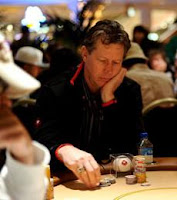 After that summer spent at the Rio, where everything -- politics, sports, oil spills, etc. -- existed only in vague outlines for me while almost all of my attention was on the WSOP, it’s nice to be home where I can read a newspaper and take in a ball game now and then.
After that summer spent at the Rio, where everything -- politics, sports, oil spills, etc. -- existed only in vague outlines for me while almost all of my attention was on the WSOP, it’s nice to be home where I can read a newspaper and take in a ball game now and then. Over the weekend I did both. I read The New York Times yesterday morning, then watched some of that exciting St. Louis-Chicago game on ESPN last night. One article I saw in the NYT yesterday was an interview with former major league great Orel Hershiser, who was, in fact, part of the announcing team for the Cards-Cubs game.
And yeah, poker came up. Which is why I am mentioning it here.
The article was quite short -- just eight questions -- in which the interviewer, Joe Brescia, mostly asks Hershiser about baseball, including questions about his announcing gig, his career, and for his thoughts concerning the current status of pitching today. The last question, though, is about poker.
“You are an avid poker player,” Brescia begins. “You’ve beaten a few legends, including Ted Forrest, Allen Cunningham, and Freddy Deeb.” Brescia refers, of course, to that surprising run Hershiser had in the 2008 NBC National Heads-Up Poker Championship before finally losing to Andy Bloch in the Round of 16. Not quite as remarkable as pitching a major-league record 59 consecutive scoreless innings -- as Hershiser did to conclude that wondrous, Cy Young Award-winning 1988 season -- but a nifty feat, nonetheless.
Brescia then asks Hershiser “How do you explain your success?” In fact, Hershiser has had more success in poker than we saw at that 2008 NBC event. He cashed in the 2010 NAPT PokerStars Caribbean Adventure event. He’s also done fairly well in some of the WCOOP events on PokerStars, including final tabling the 2008 $10,000 buy-in High-Roller NLHE event (finishing ninth).
I remember seeing Hershiser at the NAPT Venetian event I helped cover in February of this year. (That is a picture of him from that event above, by the way, taken by Joe Giron.) If you look closely, you can see he has a signed baseball sitting in front of him. He eventually gave that as a souvenir to the person who knocked him out near the end of Day 2. That’s become a custom for Hershiser. I know he gave one to Annette Obrestad when she knocked him out of the first round the NBC National Heads-Up Poker Championship this past spring, and Obrestad -- not a big baseball fan -- wasn’t quite sure what it was about.
Anyhow, I really like Hershiser’s response to the question. First of all, he doesn’t get carried away with the idea of his “success” in poker, which he obviously understands has been quite modest. Secondly, he immediately makes a distinction between poker and other gambling games that I like hearing made.
“When I moved to Las Vegas,” Hershiser begins, “poker was something to do to stay away from gambling. That sounds funny, but I mean roulette and blackjack and all the places where the house has the edge. But in poker, it’s man against man and everyone has equal footing.”
Hershiser here articulates an idea -- both succinctly and effectively, I think -- that should be familiar to anyone who has ever thought seriously about poker. Namely that while poker is gambling, or at least involves a chance element, it is also much, much different from other forms of gambling in which the skill component is severely muted or missing entirely.
Hershiser goes on to suggest an analogy from baseball which is also fitting and helps illustrate how poker does indeed involve genuine skill and competition. “It’s like pitching,” says Hershiser. “It’s the same outline. What position am I in? Was this guy aggressive last time? Do I need to disguise my hand? I think I can bluff him. And at 51 years old, competing on my rear end when my body is shutting down is not bad.”
That game-within-the-game between pitcher and batter can indeed be very similar to the heads-up battles that emerge at a table full of players. In both cases the match-up involves players employing various skill sets against one another but also engaging in an intellectual battle, too.
I do appreciate Hershiser out there helping explain and represent poker in such a way. Meanwhile, on Capitol Hill this week that distinction between poker and other forms of gambling will be set aside as H.R. 2267, the Internet Gambling Regulation, Consumer Protection, and Enforcement Act goes into what is called the “markup” phase before it gets voted on by the House Financial Services Committee tomorrow.
If the bill receives a favorable committee vote -- which Kevmath says “appears too close to call” -- H.R. 2267 will then move on to the entire House of Representatives for its consideration. The bill would still need to be passed by the House, then the Senate, then signed into law by the President. Meaning we’re still quite a long way away from any significant changes for online gambling in the U.S., I’d imagine.
It’s an interesting moment for poker, I think. H.R. 2267 is designed to set up a licensing and regulatory scheme for the operation of online gambling sites in the United States. It makes no distinctions between poker and other forms of gambling, and so the further this bill moves along -- with the full support of the Poker Players Alliance, by the way -- the more poker’s supporters will be necessarily grouped with those supporting making other forms of gambling more available to Americans.
Thus will arguments about poker being a “skill game” have to be set aside in the context of debates about this particular bill. Annie Duke did just that, actually, in her statement before the House Financial Services Committee last week, talking more specifically about individual liberty than about poker per se.
From a practical point of view, I guess it doesn’t matter too much that poker gets folded in with other forms of gambling. Such will always be the case, and when it comes to legislators, attempts to distinguish poker as a “skill game” and therefore perhaps make it seem more acceptable to some from a moral standpoint are mostly going to be in vain, anyway.
Still, as I say, I do appreciate the distinction Hershiser makes when describing why he likes poker. A pitch worth making, I think.
Labels: *the rumble, H.R. 2267, law, Orel Hershiser

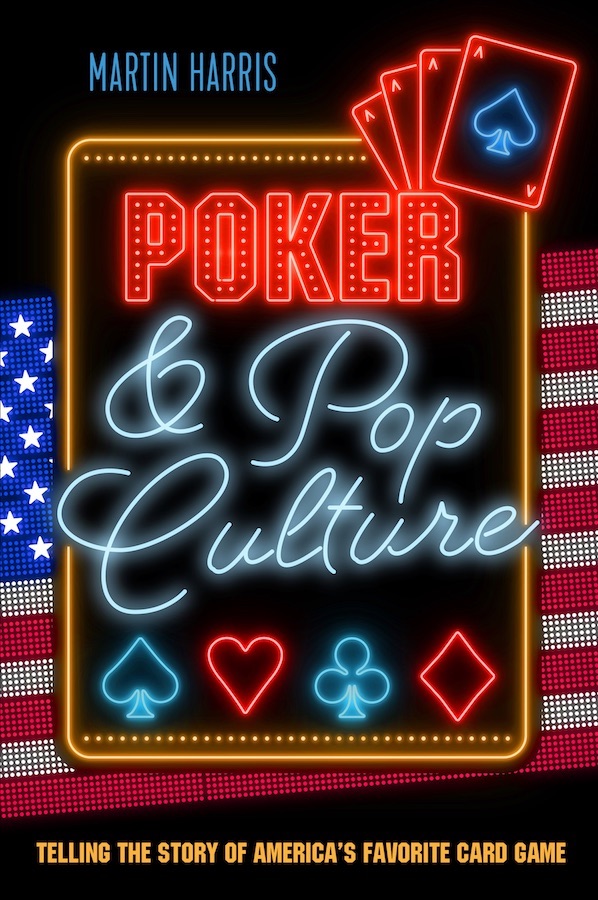
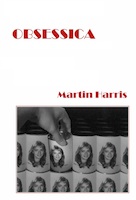







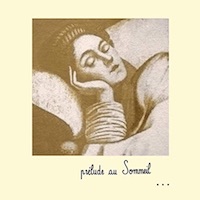
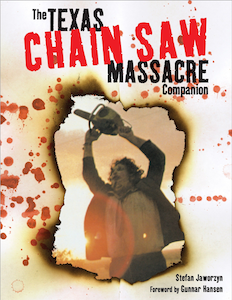

0 Comments:
Post a Comment
<< Home